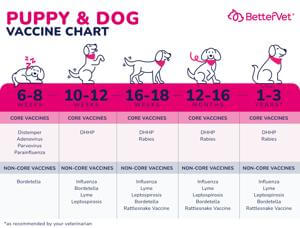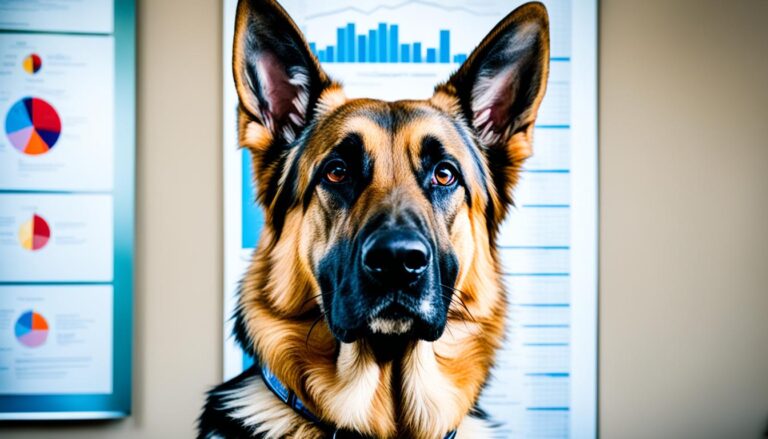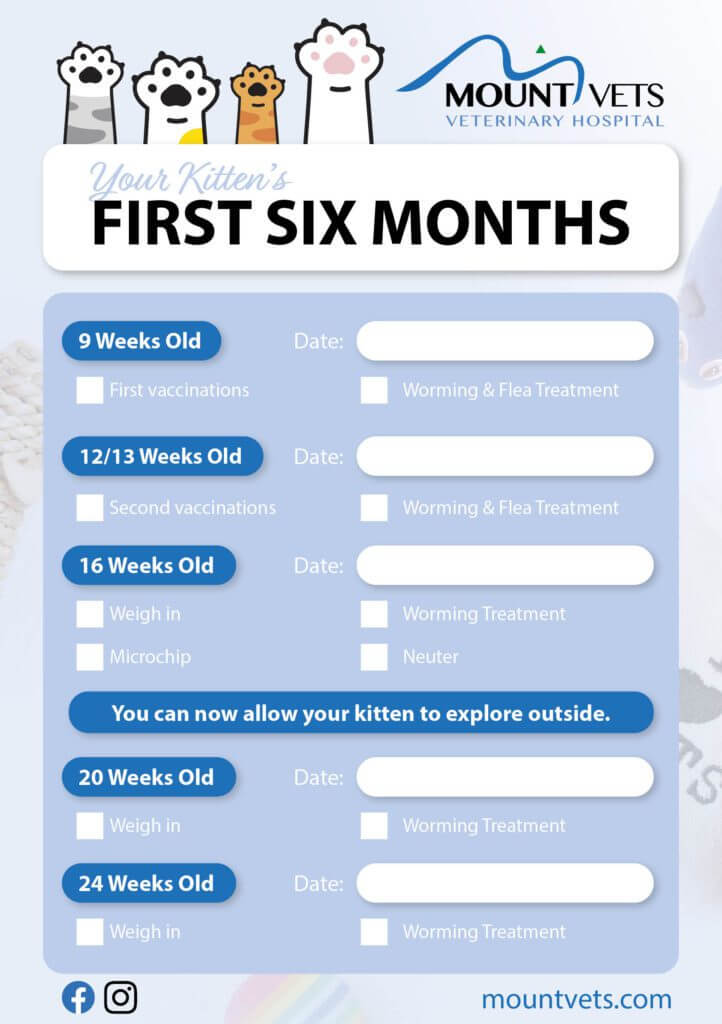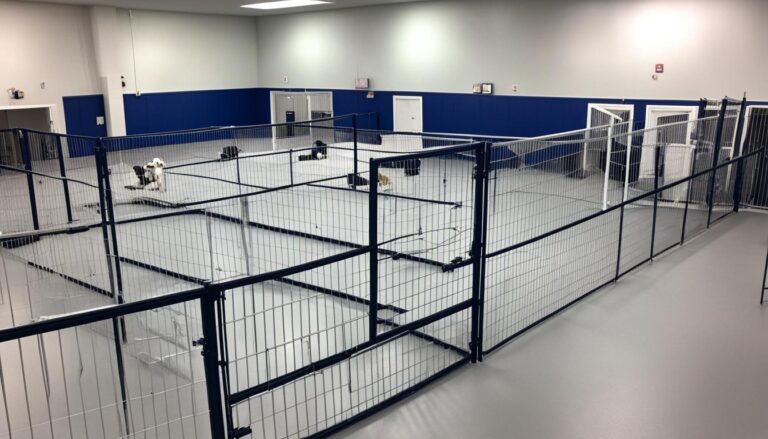Puppy Vaccination Schedule: A Friendly Guide for New Pet Parents
Bringing a new puppy home is exciting! But it’s important to keep them healthy. One key way to do this is through vaccinations. A puppy vaccination schedule typically starts at 6-8 weeks old and continues throughout their first year of life.
Puppy shots protect against many serious diseases. They help build immunity and keep our furry friends safe. We’ll guide you through when to get these important shots and why they matter so much.
Sticking to the schedule is crucial. It ensures your pup gets the right protection at the right time. Let’s dive into what you need to know about keeping your new best friend healthy and happy!
Key Takeaways
- Puppy vaccines start at 6-8 weeks and continue through the first year.
- Regular shots protect against many dangerous diseases.
- We should follow the vet’s schedule for the best protection.
Understanding Puppy Vaccinations
Puppy vaccines are crucial for protecting our furry friends from serious diseases. They help build immunity and keep our pups healthy as they grow. Let’s explore the different types of vaccines, the diseases they prevent, and when puppies should get their shots.
Core vs. Non-Core Vaccines
Core vaccines are essential for all puppies. They protect against deadly diseases that are common or very serious. These include:
- DHPP (distemper, hepatitis, parainfluenza, and parvo)
- Rabies
Non-core vaccines are optional. We might give them based on where we live or our puppy’s lifestyle. Some examples are:
- Leptospirosis
- Bordetella (kennel cough)
- Lyme disease
- Canine influenza
Our vet can help us decide which non-core vaccines are right for our pup.
Common Puppy Diseases Prevented by Vaccines
Vaccines protect our puppies from many scary diseases. Here are some key ones:
- Parvo: A nasty virus that attacks the gut and can be fatal.
- Distemper: Affects the respiratory, digestive, and nervous systems.
- Hepatitis: Causes liver damage and other problems.
- Rabies: A deadly virus that affects the brain and is a risk to humans too.
These diseases can make our puppies very sick or even cause death. That’s why vaccines are so important. They give our pups the best chance at a healthy life.
Vaccine Schedule and Timelines
Puppy shots start early, usually around 6-8 weeks old. Here’s a basic timeline:
- 6-8 weeks: First DHPP shot
- 10-12 weeks: Second DHPP shot
- 14-16 weeks: Third DHPP shot
- 16 weeks or older: First rabies shot
We’ll need to take our pup for booster shots after the first year. Then, they’ll need shots every 1-3 years to stay protected. It’s best to follow our vet’s advice for the exact schedule.
Remember, each puppy is unique. Our vet might adjust the schedule based on our pup’s needs. Regular check-ups help make sure our furry friend stays up-to-date on their shots.
Caring for Your Puppy After Vaccinations
After your puppy gets their shots, it’s important to keep a close eye on them. We’ll cover how to handle any side effects, continue training, and keep your pup healthy.
Managing Side Effects and Vaccination Reactions
Most puppies do fine after their shots, but some might feel a bit under the weather. Keep an eye out for these common reactions:
- Mild fever
- Sleepiness
- Slight swelling at the injection site
These usually go away in a day or two. If you notice any of these, give your pup extra love and rest:
- Loss of appetite
- Vomiting or diarrhea
- Breathing problems
Call your vet right away if these happen. In rare cases, severe reactions can occur. Watch for signs like:
- Face swelling
- Hives
- Trouble breathing
These need immediate vet care. Keep your puppy comfy and make sure they drink water to avoid dehydration.
Puppy Training and Socialization
After shots, it’s a great time to focus on training and meeting new friends! Here’s what we suggest:
- Start basic commands like sit and stay
- Use positive reinforcement with treats and praise
- Introduce your pup to new people and pets
Remember, a tired puppy is a good puppy. Short play sessions help burn energy and bond with you. Avoid dog parks until your vet says it’s safe. Instead, try:
- Puppy classes for socialization
- Playdates with vaccinated dogs
- Walks in new neighborhoods
Training helps prevent behavior issues later. Keep sessions short and fun for your pup.
Wellness and Preventive Care
Regular check-ups are key to keeping your puppy healthy. We recommend:
- Yearly vet visits
- Staying on top of booster shots
- Monthly heartworm prevention
Talk to your vet about the right schedule for your pup. It might change based on where you live. Don’t forget about:
- Flea and tick prevention
- Regular deworming
- Dental care
Consider pet insurance to help with vet costs. It can cover:
- Accidents
- Illnesses
- Some preventive care
Keep an eye on your puppy’s weight, coat, and energy levels. Any changes could mean it’s time for a vet visit. With good care, your pup will grow into a healthy, happy dog!
Frequently Asked Questions
Puppy vaccinations can be confusing for new pet owners. We’ve compiled answers to common questions about vaccination schedules, requirements, and costs to help you keep your new furry friend healthy.
What is the standard puppy vaccination schedule by age?
Puppies typically get their first shots between 6-8 weeks old. They then need boosters every 3-4 weeks until about 16 weeks of age. Core vaccines like DHLPP are given at 6, 12, and 16 weeks.
Rabies vaccines are usually given around 12-16 weeks old. Your vet may recommend additional vaccines based on your puppy’s risk factors.
How many vaccinations does a puppy need before it is fully vaccinated?
Most puppies need 3-4 rounds of vaccinations to be fully protected. This includes multiple doses of core vaccines like distemper and parvovirus.
The final round is usually given around 16 weeks old. After that, your pup will need yearly boosters to maintain immunity.
Which vaccinations are mandatory by law for dogs in states like Texas?
Rabies vaccines are legally required for dogs in most states, including Texas. Other core vaccines like distemper and parvovirus are strongly recommended but not mandated by law.
Local laws can vary, so check with your vet or city animal control for specific requirements in your area. Some boarding facilities or dog parks may have their own vaccination rules.
How long should I wait to take my puppy outside after their second vaccination?
We recommend waiting 1-2 weeks after your puppy’s second round of vaccinations before taking them to public places. This gives their immune system time to respond to the vaccines.
Stick to your own yard or areas where you know all dogs are vaccinated until your pup has had their full series of shots around 16 weeks old.
What is the cost range for puppy vaccinations at places like PetSmart?
Puppy vaccine packages typically cost $75-$100 at many veterinary clinics. This usually covers the core vaccines given over 3-4 visits.
Prices can vary based on location and which vaccines are included. Some clinics offer wellness plans that bundle vaccinations with other puppy care services.
Can you provide a basic outline of a printable puppy vaccination chart?
Here’s a simple vaccination chart you can use:
6-8 weeks: DHPP, Bordetella 10-12 weeks: DHPP booster, Leptospirosis 14-16 weeks: DHPP booster, Rabies, Leptospirosis booster 6 months: Spay/neuter, optional vaccines
Remember to record the date of each vaccine and when the next booster is due. Your vet may adjust this schedule based on your puppy’s needs.






